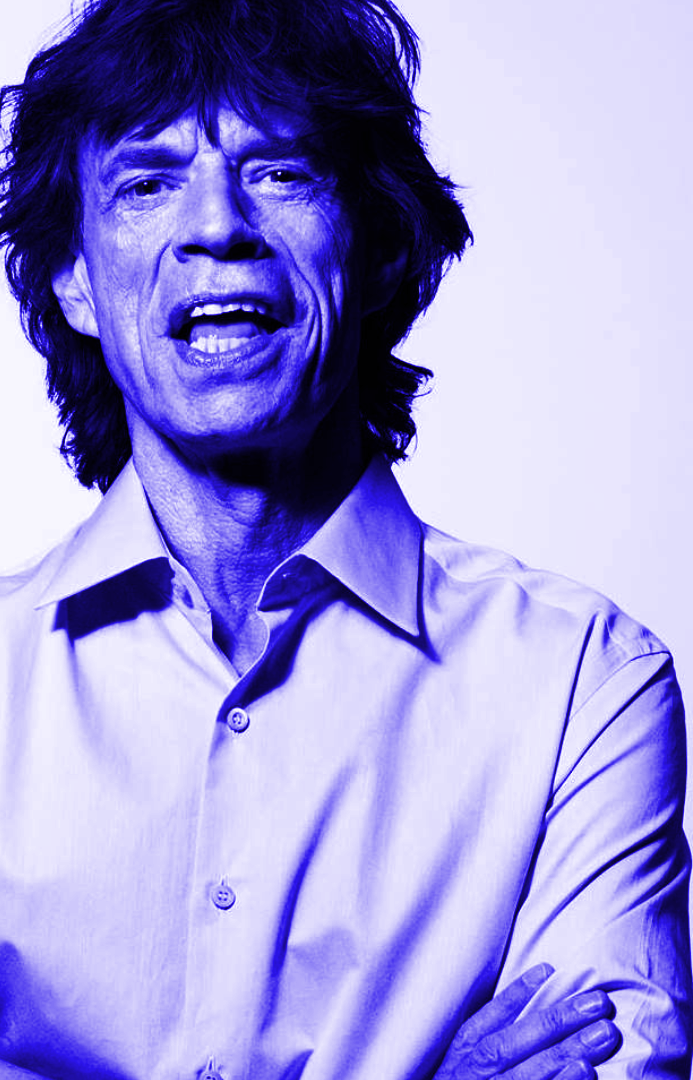Reflecting on the Charleston Church Shooting 8 years later
CHARLESTON, S.C. (WCBD) – On June 17, 2015, 12 people were gathered at Emanuel AME Church for an evening bible study when a stranger walked in. The parishioners invited him to worship, in what for nine of them would be their final earthly act of kindness.
That stranger would turn out to be a radicalized white supremacist who carried out what is still regarded as one of the most grisly and brazen hate crimes in recent history.
MORE: REMEMBERING MOTHER EMANUEL
Dylann Roof, a then 21-year-old man from the midlands, traveled from his home to one of the most historic Black churches in the state and opened fire during worship.
S.C. Senator Reverend Clementa C. Pinckney (who was the church’s pastor at the time), Cynthia Graham Hurd, Susie Jackson, Ethel Lee Lance, Depayne Middleton-Doctor, Tywanza Sanders, Rev. Daniel Simmons, Sharonda Coleman-Singleton, and Myra Thompson were all killed in the shooting.

Three people in the room at the time of the shooting survived, including Tywanza Sanders’s mother Felecia Sanders, her granddaughter Ka’mya Manigault, and Polly Sheppard.
Rev. Pinckney’s wife, Jennifer Pinckney, and their then-six-year-old daughter, Malana, were in another room across the hall at the time of the shooting. They also survived.
In the days after the massacre, an outpouring of support for survivors and those impacted by the tragedy came from all corners of the Lowcountry and the nation.
Former Charleston Mayor Joe Riley said that while June 17, 2015, was the saddest day of his life, the days after were some of the proudest in his 40 years in office.
“The way the community responded to this most unspeakable act was beyond anything, and I’m a positive minded person, that I could ever have imagined. People, the morning after, right there on Calhoun Street, white people and black people together, hugging each other, wiping away each other’s tears.”
Then-President Barack Obama traveled to Charleston to deliver a eulogy for Reverend Pinckney, rightfully shifting the focus from the trauma of the event to the healing power of unity.
President Obama singing Amazing Grace during eulogy for Rev. Clementa Pinckney …
Posted by WCBD News 2 on Friday, June 26, 2015
President Obama, along with other lawmakers, also called for renewed focus on gun safety legislation.
Since the shooting, South Carolina Representative Jim Clyburn (D-SC) has been working to close a gap in the firearms background check system that has become known as the ‘Charleston Loophole.’ On June 13, Clyburn again urged Congress to pass the Enhanced Background Checks Act of 2023:
“In Charleston, because the gunman’s background check had not been completed within three days, the shop had already sold the gun before he was deemed to be ineligible. Every year, thousands of weapons are purchased through this loophole that otherwise should be prohibited due to criminal records or other factors—more than 5,200 in 2021 alone. Though this problem was discovered too late for the 12 victims at the Emanuel AME Church, we must narrow this loophole to prevent future tragedies.“
On the state level, lawmakers like S.C. Rep. Wendell Gilliard (D-Charleston) have been working to pass a hate crimes law. South Carolina is one of only two states without a hate crimes law, which are laws that enhance penalties for violent crimes in which a victim was targeted because of race, gender, sexual orientation, nationality, or religion.
Roof is facing several state and federal charges, but hate crimes charges were only brought on the federal level. He was sentenced to death on the federal charges.
Between 2022 and 2023, two separate lawsuits have been filed on behalf of Manigault and Reverend Pinckney’s daughter, both naming Facebook and other social media sites. The suits allege Roof was targeted by online algorithms contributing to his radicalization.
Click Here for the Full Article
Author: Chase Laudenslager







